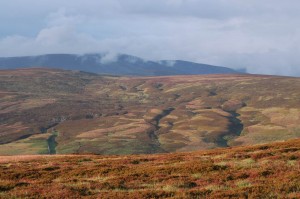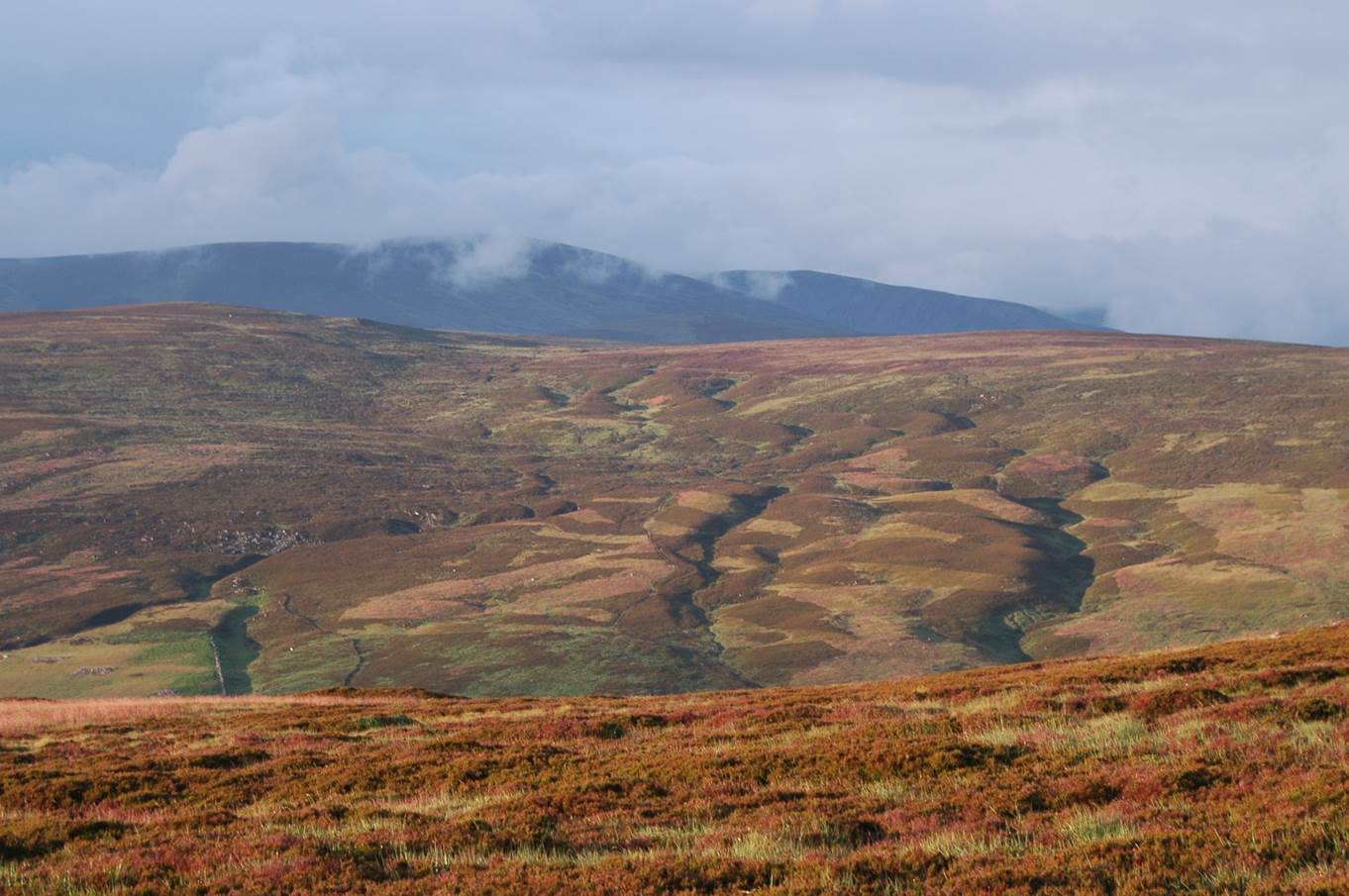 A proposal to tax sporting estates in Scotland brings a real danger of unintended consequences affecting jobs, conservation management and business viability, according to BASC Scotland.
A proposal to tax sporting estates in Scotland brings a real danger of unintended consequences affecting jobs, conservation management and business viability, according to BASC Scotland.
The reintroduction of business rates for shooting and deerstalking estates, announced as part of a series of “radical” land reforms by Scottish First Minister Nicola Sturgeon, could ultimately have a huge impact on businesses providing shooting and tourism opportunities.
Introducing the new tax, which the First Minister estimates at £7 million per annum, potentially threatens many of the 8,800 jobs currently supported by this sector as well as the active conservation management of the 4.5 million hectares of land influenced by shooting. It would also challenge the viability of rural businesses that deliver £200 million per annum and the public benefits that shooting provides.
Alan Balfour, chairman of BASC’s Scottish Committee, said: “The economic and environmental significance of shooting and stalking in Scotland cannot be ignored. Scotland is often the destination of choice for shooters visiting from elsewhere in the UK and from abroad. The reintroduction of business rates, after they were scrapped in 1994, would be a step backwards.”
“This would affect the many Scots and tourists who enjoy shooting and stalking and the hotels, restaurants and other businesses which depend on the sector for their livelihoods.”
Colin Shedden, director of BASC Scotland, said: “Shooting and conservation go hand in hand; private sector investment and economic activity provide the public goods we all enjoy, such as our world renowned heather moorland and the equivalent of 3,900 full-time conservation employees. Successful and world-class tourist attractions and the businesses and employees that provide them should be supported rather penalised.”
ENDS
For more information, contact Colin Shedden on 01350 723226 or the BASC press office on 01244 573052.
